After viewing some footage for a film in the making, a hapless editor asks his director, “How does this relate to the film? Beirut, Baghdad, your parents, Laila, Hanan, Maryam, what’s the link?” The director here is Khalid, played by Khalid Abdalla, a thirtysomething Egyptian filmmaker looking to make sense of the political chaos that has engulfed his country as well as to capture the spirit and vibes of the social climate. Indeed, “What’s the link?” is a question that haunts Khalid throughout the film.
In the Last Days of the City is part-fiction, part-documentary and a more somber and disjointed meditation than a fully fleshed narrative film. It follows Khalid through the dusted, chaotic streets of Cairo in 2009, meeting up with old childhood friends, visiting his ailing mother, catching up with old flames, searching for a new flat, and looking for worthy and poetic images for his film project. Out of all of this, we are left with hazy fragments stitched together like a collage of faded out Polaroids.
But through the haziness, some semblance of a picture emerges. Director Tamer El Said manages to capture beautifully and powerfully the ebb and flow of a city mired by constant political struggle and uncertainty. There is a foreboding sentiment sweeping through the dusted air of Cairo. The corroded skeletons of bombed cars line the roads. Cladded riot police watch on, with batons in hand, as protesters chant for the elimination of the militaristic Mubarak regime. Meanwhile, a veteran of the 1967 Arab-Israel War recalls his time as a prisoner of enemy forces. All the while, El Said’s camera roams across the landscape and its inhabitants like a specter; some are haunted by their past, others are happy to be living in the moment.
The process of becoming takes place in the city, as it does in many other parts of the Middle East, of which displaced Khalid’s friends at one point lament about. But what will become out of all this political strife is a conclusion that has yet to play out. This is what makes El Said’s docudrama so potent. Like the audience, Khalid is a spectator searching for some connective tissue that makes sense of the real-world chaos that surrounds him. But unlike the audience, he is not just a spectator. Cairo is his city, his home. What’s to play out in the coming years will affect every fiber of his being as well as those of his friends and family.
It is thus impossible to view this film without recalling the Egyptian Revolution of 2011, the subsequent countermovements that followed it, and the wider Arab Spring that swept across the Middle East. All of those very significant (and ongoing) events have led us to the point we are at now. By the end of the film, capped off with a heart-wrenching and ominous final shot, you get the feeling that things could get a lot worse before they get better. Yet, El Said never strays too deep into total fatalist territory. Despite the turmoil, many Cairo inhabitants continue to live their lives—falling in love, enjoying the company of friends over beer, making films. Despite how ominous El Said’s stitched images seem to be, sprinkles of hope still prevail.

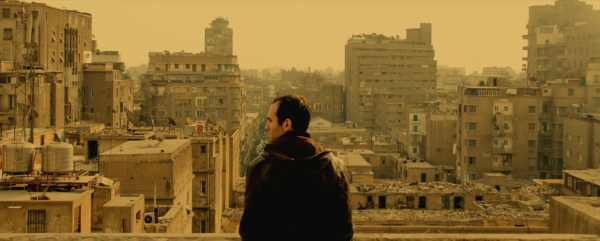
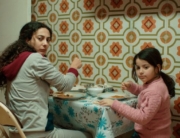
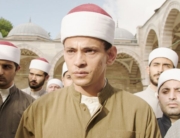
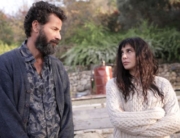
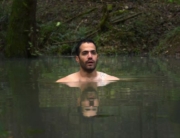
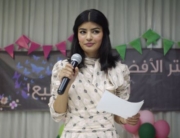
Leave A Comment